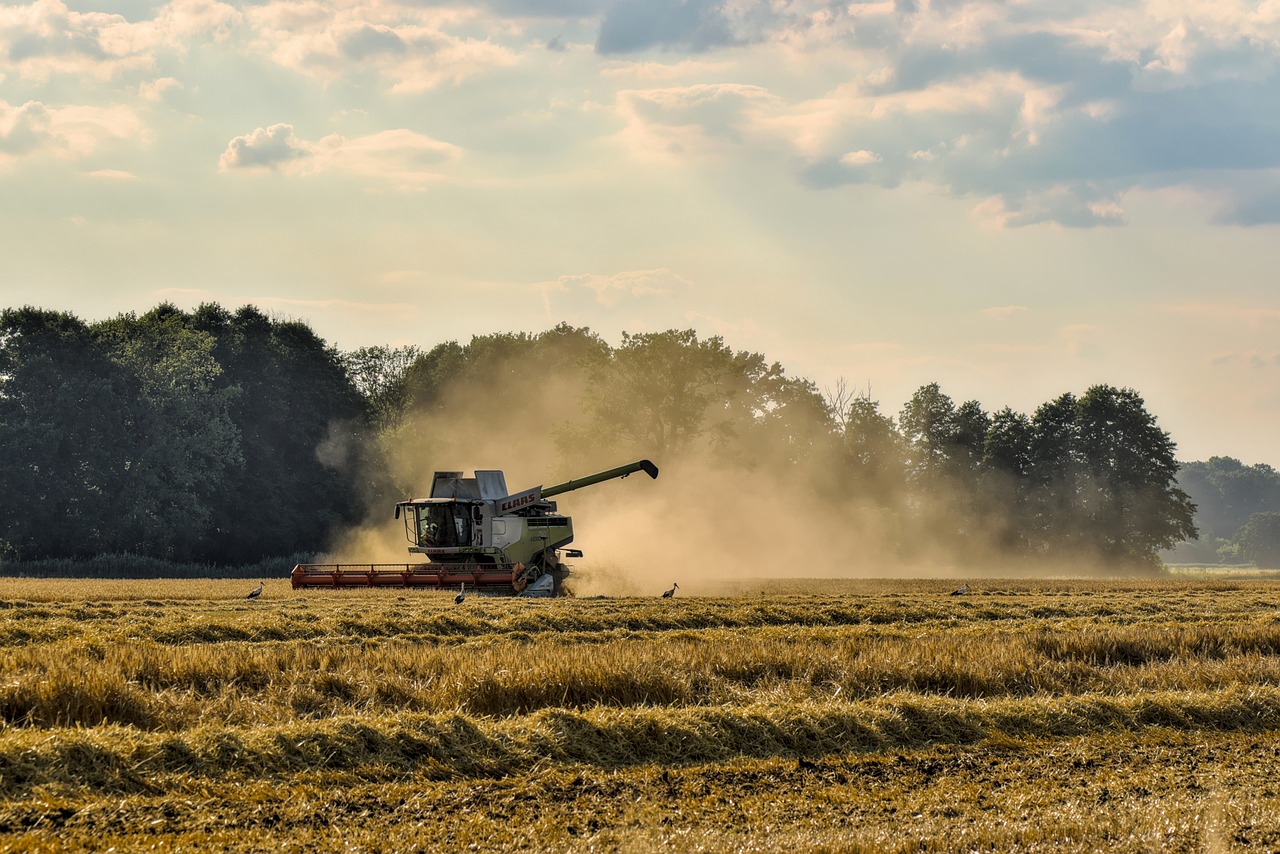Argentina’s gov cuts import tariffs for fertilizers, machinery, and agro-industrial equipment

For agro-industrial machinery and equipment, import tariffs decreased from 12.6% to 2.0%, while the tariff for importing various types of fertilizers was reduced to 0%.
After years of bad economic policies, the countryside is beginning to regain the place it should never have lost. To achieve this, the Government of Javier Milei is carrying out a reduction in import tariffs that will benefit the entire agricultural sector.
This is just the first step of a major change coming to the Argentine industry, where the State will stop intervening and will start fostering creation of private wealth, through the reduction of taxes and tariffs.
This measure aims to incentivize modernization and efficiency in the sector. In this case, the decrease in tariffs from 12.6% to 2.0% for equipment such as Weed-It and Weedseeker could benefit producers by making the acquisition of advanced weed control technology more accessible.
These devices, which use optical detection of active chlorophyll for herbicide spraying and more precise and efficient weed elimination, are essential for improving productivity and reducing environmental impact in agriculture.
The measure also contributes to the sector’s competitiveness by facilitating access to cutting-edge technologies that enable more sustainable and profitable agriculture.
The expansion of the tariff reduction covers an impressive variety of equipment and machinery used in various stages and sectors of agriculture and agribusiness. From balers to specialized harvesters for garlic, sugarcane, grapes, peanuts, and tomatoes, to machines for nut cleaning and automated milking equipment with advanced technology.
The inclusion of devices such as crawler mechanisms for traction in harvesters, machines for tree cutting, and equipment for grain sorting through cameras reflects the Milei Government’s willingness to modernize and optimize agricultural and agribusiness production in Argentina. Grain sorting technology through cameras, for example, allows for more precise and efficient product selection, which can improve quality and reduce waste.
In the agribusiness sector, machines for slaughtering, plucking, or eviscerating birds are included; machines and apparatus for manufacturing cellulose fibrous paste, slitting-rewinding and leaf, paper, and cardboard cutting machines conditioned in rolls; and machines for textile material preparation, among other equipment.
The government’s plan is to expand the reduction in import tariffs to other goods of interest to the agricultural sector, which would be officialized in the coming days.
Regarding fertilizers, through a decree published on Monday May the 6th, in the Official Gazette, the tariff for granulated urea, phosphorus fertilizers, and ammonium nitrate was reduced to 0%, as well as a reduction from 35.0% to 12.6% in the tariff applied to 2,4-D acid choline salt.
On April 10, Minister Luis Caputo had announced the measure, and the fertilizer sector was waiting for its implementation to apply it in price structuring, but since its formalization took a few days, it is not feasible for the reduction implemented this Monday to take effect immediately for imported fertilizers in recent weeks or in the process of entering the country, so it should have a full impact on fertilizers marketed in the next major campaign of 2024/25.
The national government announced that the tariff reduction would also include other herbicides, such as glyphosate and atrazine, but that measure has not yet been implemented.


